Bruce Willis’s dementia battle: what next
The latest update on Bruce Willis’s health has shocked many of his fans. Here’s what we know of his likely prognosis.
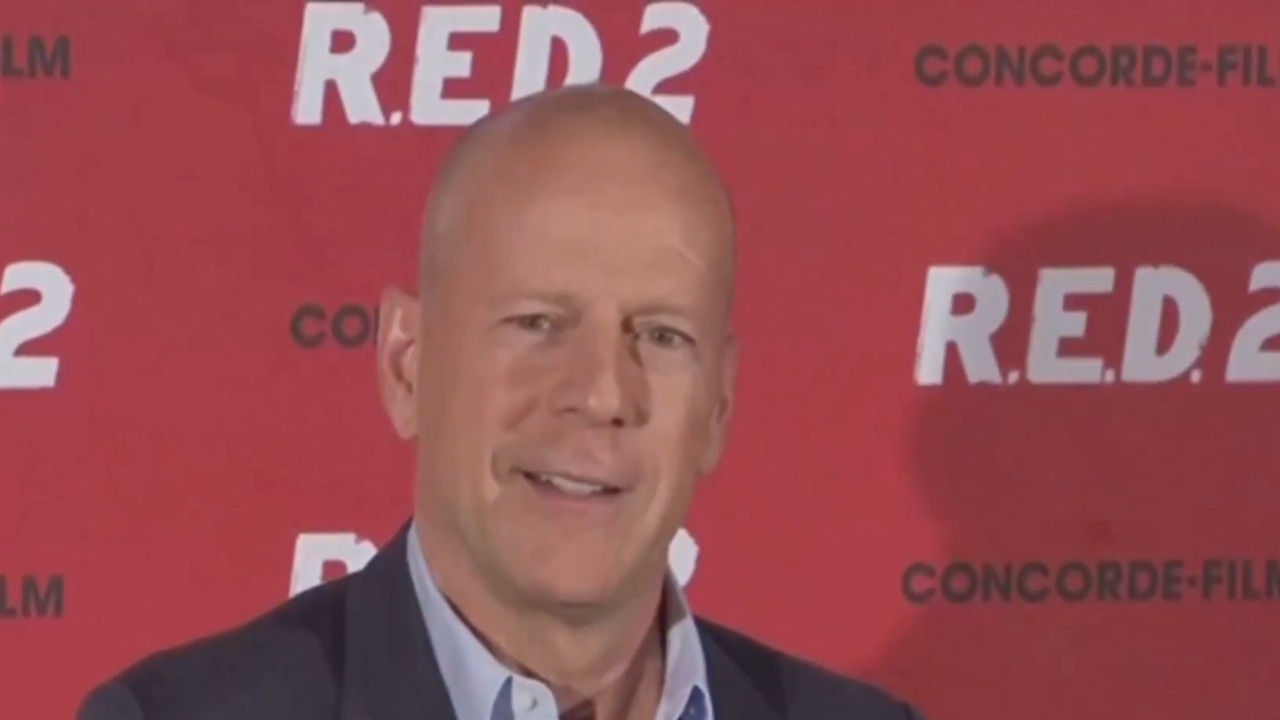
Movies
Don't miss out on the headlines from Movies. Followed categories will be added to My News.
He played the unbreakable man; an everyday sort of superhero who always saved the world, or the day, with a smirking smile rather than a spandex suit.
But in real life, Bruce Willis’s final act is proving to be far less Hollywood.
The news from Willis’s family on Friday that his condition had progressed from aphasia to frontotemporal dementia – a terminal condition for which there is no cure – had some fans preparing to say a premature goodbye to a star they’d loved for decades.
From the genre-busting ’80s small screen hit Moonlighting, to the big action blockbusters like Die Hard and Armageddon, and the seriously cool auteur flicks like Pulp Fiction, The Fifth Element and The Sixth Sense, Willis carved out a unique on-screen persona: world-weary but wisecracking, macho but not a complete meathead either.
In more recent years the box office hits had dried up, replaced with a slew of the sort of films they used to call straight-to-video. His output was prodigious – IMDB lists a total of 19 features in 2021 and 2022 alone – but co-stars and production staff had for some time reportedly worked around his declining memory, feeding his lines to him via an earpiece.
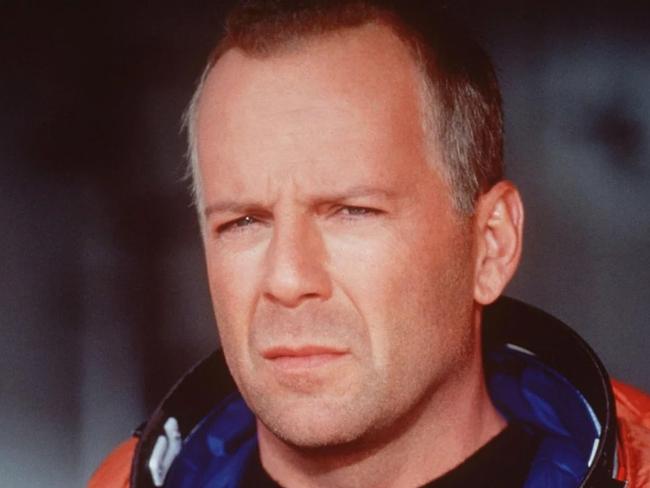
While experts stressed the seriousness of his new diagnosis, saying it would get progressively worse, that didn’t necessarily mean death was imminent.
“People will die from this type of dementia, but it’s quite variable how long people can survive,” Associate Professor Fiona Kumfor, neuropsychologist with the Brain and Mind Centre at the University of Sydney said.
“For some people it’s up to 20 years; it’s very challenging to know at an individual level.”
For the Monty Python alumnus Terry Jones, for example, there were five years between his aphasia diagnosis, and his death in January 2020, aged 77.
Recent video compilations shared by Willis’s wife Emma Heming Willis on Instagram show the 67-year-old star with his youngest daughters Mabel and Evelyn, and jamming with a friend, still evidently experiencing some quality of life, albeit clearly reduced.
“We don’t believe in perfection over here but #oursummer2022 was pretty close to it. In fact it was magic,” Heming Willis posted in October.
Friday’s statement – posted by Heming Willis as well as Willis’s first wife Demi Moore, with whom the Unbreakable star has remained close – revealed just how serious his condition had become.
“Unfortunately, challenges with communication are just one symptom of the disease Bruce faces. While this is painful, it is a relief to finally have a clear diagnosis,” the statement read.
“Bruce always believed in using his voice in the world to help others, and to raise awareness about important issues both publicly and privately. We know in our hearts that – if he could today – he would want to respond by bringing global attention and a connectedness with those who are also dealing with this debilitating disease and how it impacts so many individuals and their families.”
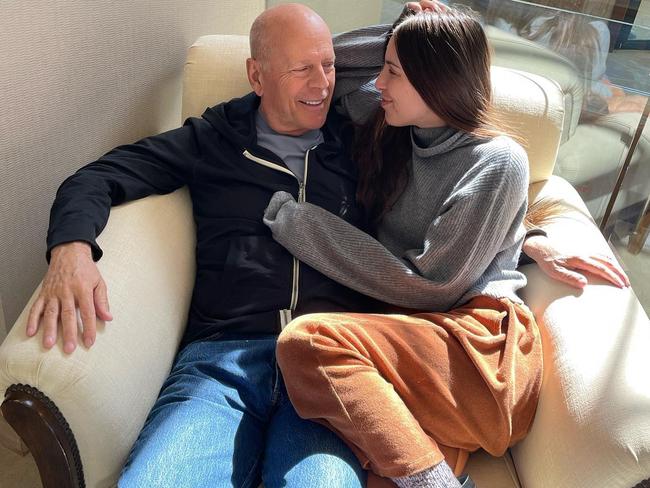
Assoc Prof Kumfor said people with Willis’s condition would “progressively experience more challenges in terms of language abilities,” but it was unclear whether the actor had “non-fluent aphasia”, in which people can still understand what is being said to them, or the even more debilitating “semantic variant” of the disease.
“People with the semantic variant have a loss of knowledge about the world. It impacts not just on what they’re able to say, but also how they understand things. They might not know what a zebra is – they will think it’s a horse,” she said.
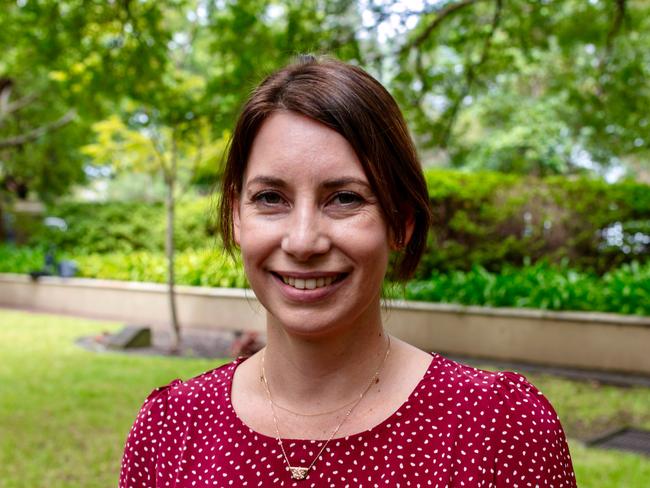
Willis had long been upfront about his early battles with alcohol – he got sober in the late 1980s – but while drinking may be a risk factor for dementia, it may not be causal, either.
“There is a link with excessive alcohol, but there are lots of people that drink who don’t develop dementia,” said Maree McCabe, CEO of the group Dementia Australia.
“But it’s important to stress that it’s not someone’s fault if they develop dementia,” she said.
Ms McCabe said frontotemporal dementia (FTD) was one of 100 different types of the disease, and it could affect anybody, although it most commonly struck people between the ages of 40 and 65.
Some 480,000 people live with dementia in Australia, of whom around 28,000 people are thought to have FTD.
“Symptoms might be mild at first but they will worsen over time,” Ms McCabe said. “There can be changes in behaviour, personality, language and even movement. Memory might often remain intact, especially in the early stages of the condition.”
She urged anyone who was worried about symptoms – their own or a family member’s – to consult a GP or the National Dementia Helpline (1800 100 500).
“Don’t wait for things to get worse,” she advised.
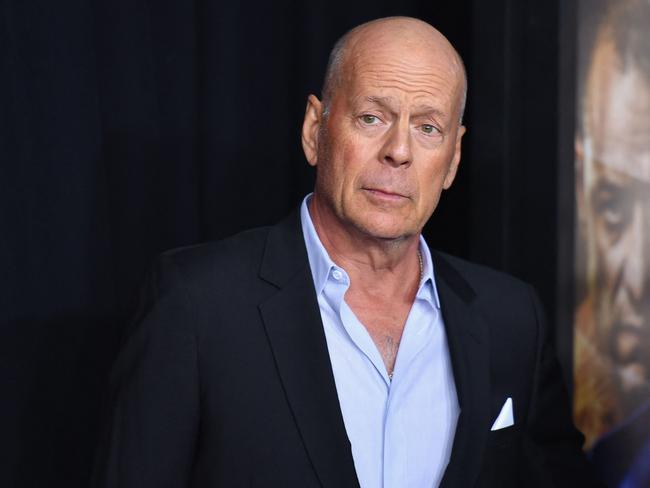
“It may not be dementia – but the earlier we know, the better the outcomes. People with dementia can live well for a period of time,” she said, adding that medications and lifestyle changes could make a big difference.
Work continues on cures and treatments, with the Brain and Mind Centre running a large cohort study since 2007, looking at all the factors that influence the onset and progression of the disease.
The experts were full of praise for Willis’s family, saying their statements would help focus attention on the disease, prompting people to get their own symptoms checked, and potentially also act as a driver for research funding.

The “celebrity effect” on serious health issues has been seen time and again. When Kylie Minogue revealed her breast cancer diagnosis in 2005, bookings for mammograms soared by 40 per cent, and when Sam Newman disclosed he was undergoing treatment for prostate cancer in 2008, testing rates jumped 30 per cent.
“As Bruce’s condition advances, we hope that any media attention can be focused on shining a light on this disease that needs far more awareness and research,” the statement from Willis’s family said.
“Bruce has always found joy in life – and has helped everyone he knows to do the same. It has meant the world to see that sense of care echoed back to him and to all of us. We have been so moved by the love you have all shared for our dear husband, father, and friend during this difficult time. Your continued compassion, understanding, and respect will enable us to help Bruce live as full a life as possible.”
National Dementia Helpline 1800 100 500
For more on FRONTIER, the Frontotemporal Dementia Research Group, see frontierftd.org
More Coverage
Originally published as Bruce Willis’s dementia battle: what next





